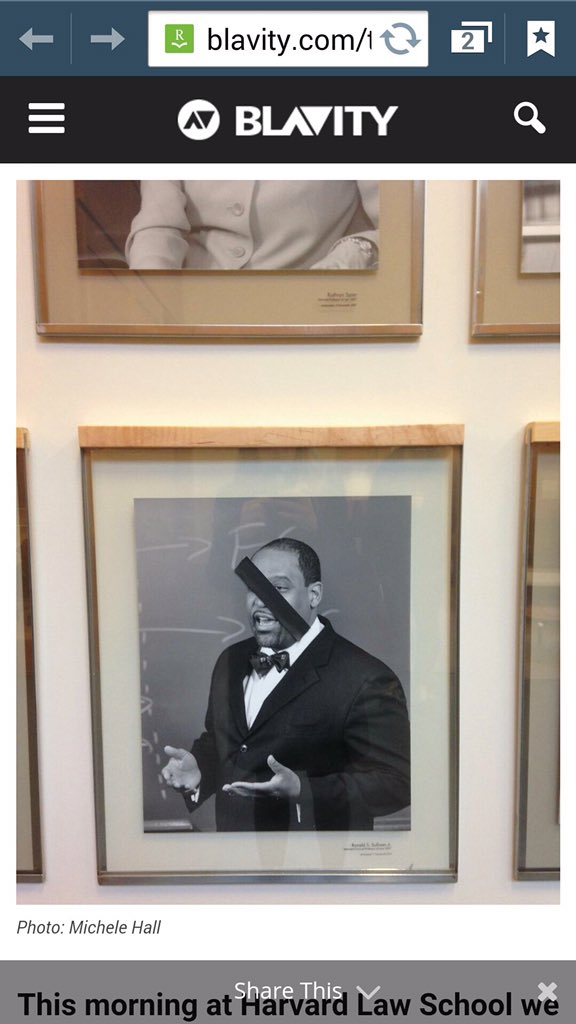The Manzanar Committee puts out a statement written by Gann Matsuda.
(Manzanar is the name of one of the horrible “camps” in which Japanese-Americans were interned – aka imprisoned – after Pearl Harbor.)
On November 18, the Manzanar Committee repudiated statements by David Bowers, Mayor, Roanoke, Virginia, in which he used the unjust incarceration of over 110,000 Americans of Japanese ancestry as justification for his demand that Syrian refugees be denied asylum in the Roanoke area.
In an official statement, Bowers said, “I’m reminded that President Franklin D. Roosevelt felt compelled to sequester Japanese foreign nationals after the bombing of Pearl Harbor, and it appears that the threat of harm to America from ISIS now is just as real and serious as that from our enemies then.”
That’s one of the most bizarrely wrong-headed uses of a historical analogy I’ve ever seen. Yes, Roosevelt “felt compelled” to do that – compelled by the racist xenophobia of a segment of the population, which he didn’t have enough moral courage to rebuke and reject.
The whole thing is based on a ludicrous notion of nationality or ethnic identity, as if all ethnically Japanese people were somehow ethnically loyal to the contemporary government of Japan and the emperor of Japan and the expansionist military policy of Japan. It’s mind-blowingly racist given the fact that Americans with German ancestry were not arrested and imprisoned in camps*.
On top of all that it gets the facts wrong: it was American citizens of Japanese ancestry who were put in camps.
Is it too much to expect of politicians, even mayors, that they have some knowledge of their country’s history before running for office?
Manzanar Committee Co-Chair Bruce Embrey rejected Bowers’ remarks out of hand.
“Mayor Bowers may be just one of many who are using the despicable terrorist acts in Paris for political gain, but his outrageous statement exposes the dangers of unbridled xenophobia, racism and racial profiling during times of crisis,” he said. “How anyone, much less a public official, can cite the World War II incarceration of the Japanese American community as rationale for any policy in this day and age is simply outrageous.”
“Apparently, Mayor Bowers never bothered to learn that President Roosevelt’s Executive Order 9066 was repealed by President Gerald Ford, that the United States Congress passed the Civil Liberties Act of 1988 to redress the fundamental unconstitutional nature of the forced removal, and that Presidents Ronald Reagan and George H.W. Bush apologized to those incarcerated without charges, without due process, simply because they looked like the enemy.”
Embrey emphasized that Bowers is not alone, in terms of his ignorance of our nation’s history, as well as his blatant political opportunism.
“While it took decades of struggle, Congressional hearings, and intense lobbying by many to win the passage of the Civil Liberties Act of 1988, there are some in our country who fail to understand the illegal and unconstitutional nature of Executive Order 9066,” Embrey lamented. “The text of the Civil Liberties Act of 1988 cites racism, wartime hysteria, and the failure of political leadership as the driving forces behind the incarceration of the Japanese American community. Unfortunately, these words can easily describe what is going on today.”
No more Manzanars, thank you very much.
H/t Chris Clarke
*Correction – according to History Matters, some German and Italian resident aliens were interned, and a small number of citizens were.
Although it is not well known, the same executive order (and other war-time orders and restrictions) were also applied to smaller numbers of residents of the United States who were of Italian or German descent. For example, 3,200 resident aliens of Italian background were arrested and more than 300 of them were interned. About 11,000 German residents—including some naturalized citizens—were arrested and more than 5000 were interned.
But given the fact that more were arrested than were interned, there must have been some winnowing process, which means there must have been some criterion in addition to ancestry. That’s just what there wasn’t in the case of the Japanese internments.












